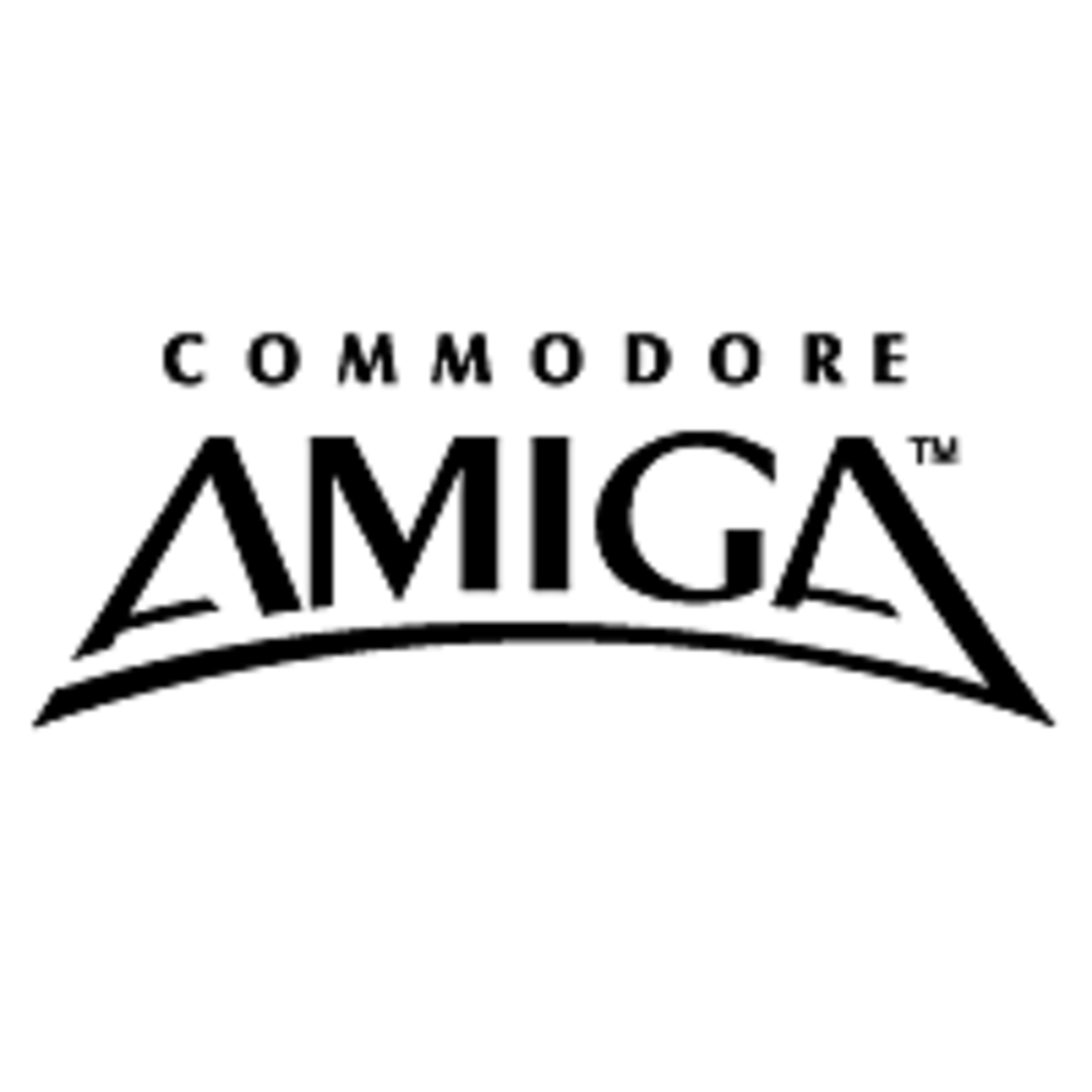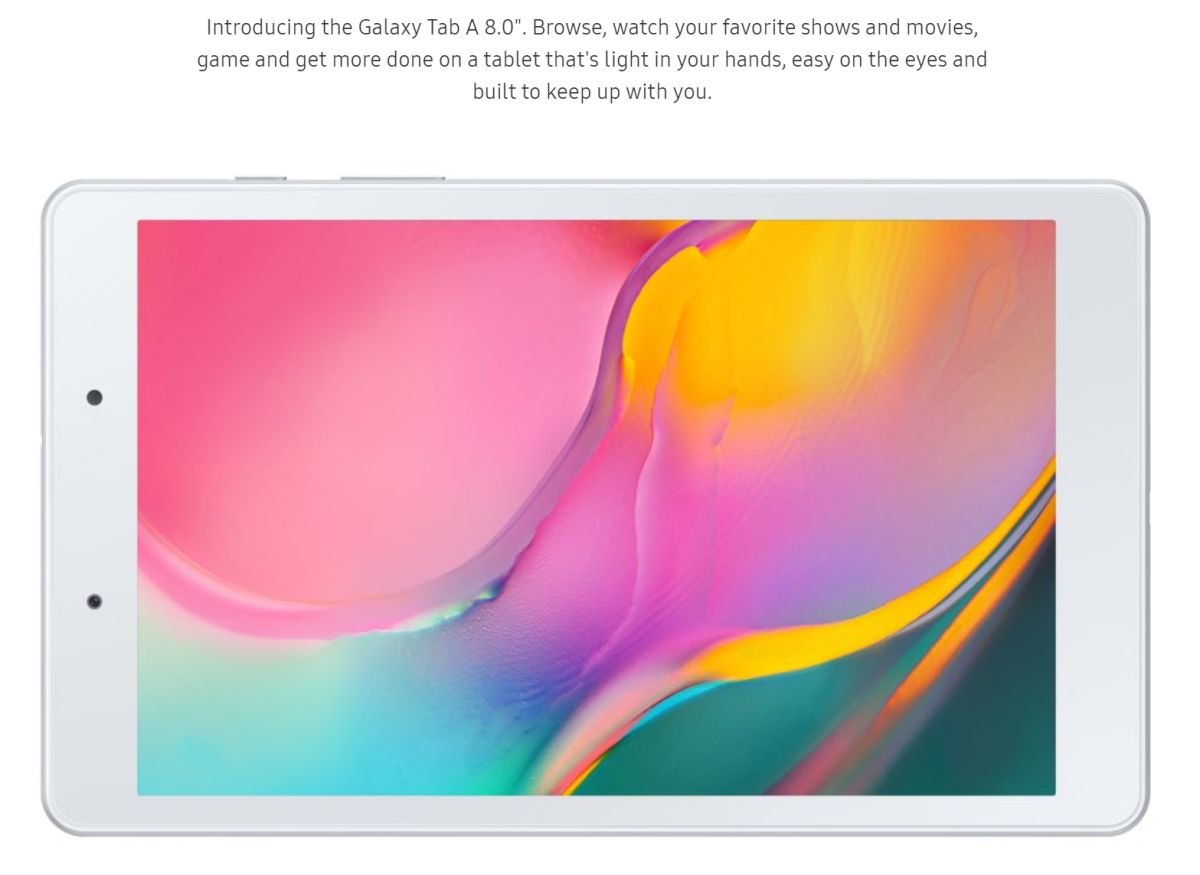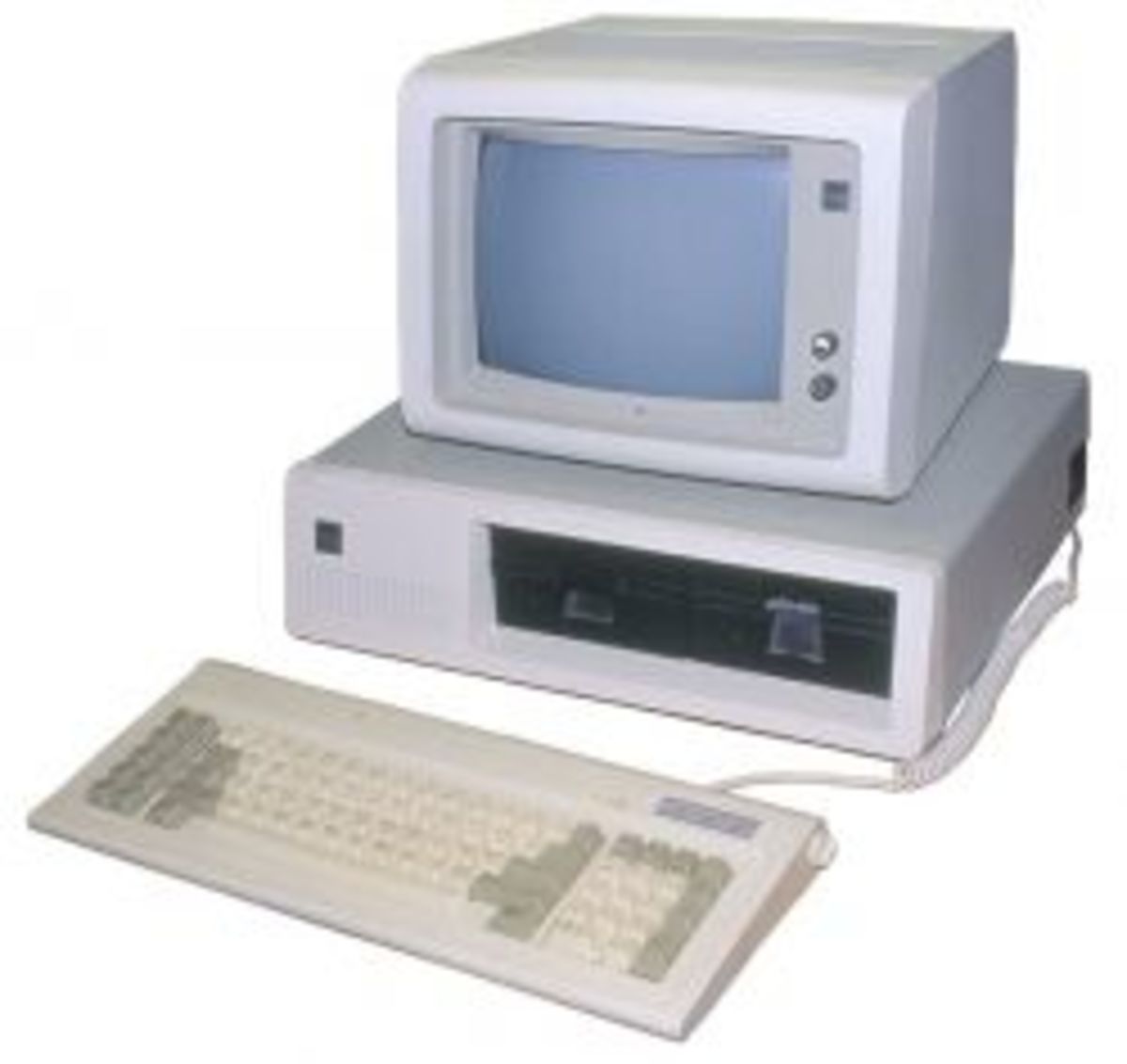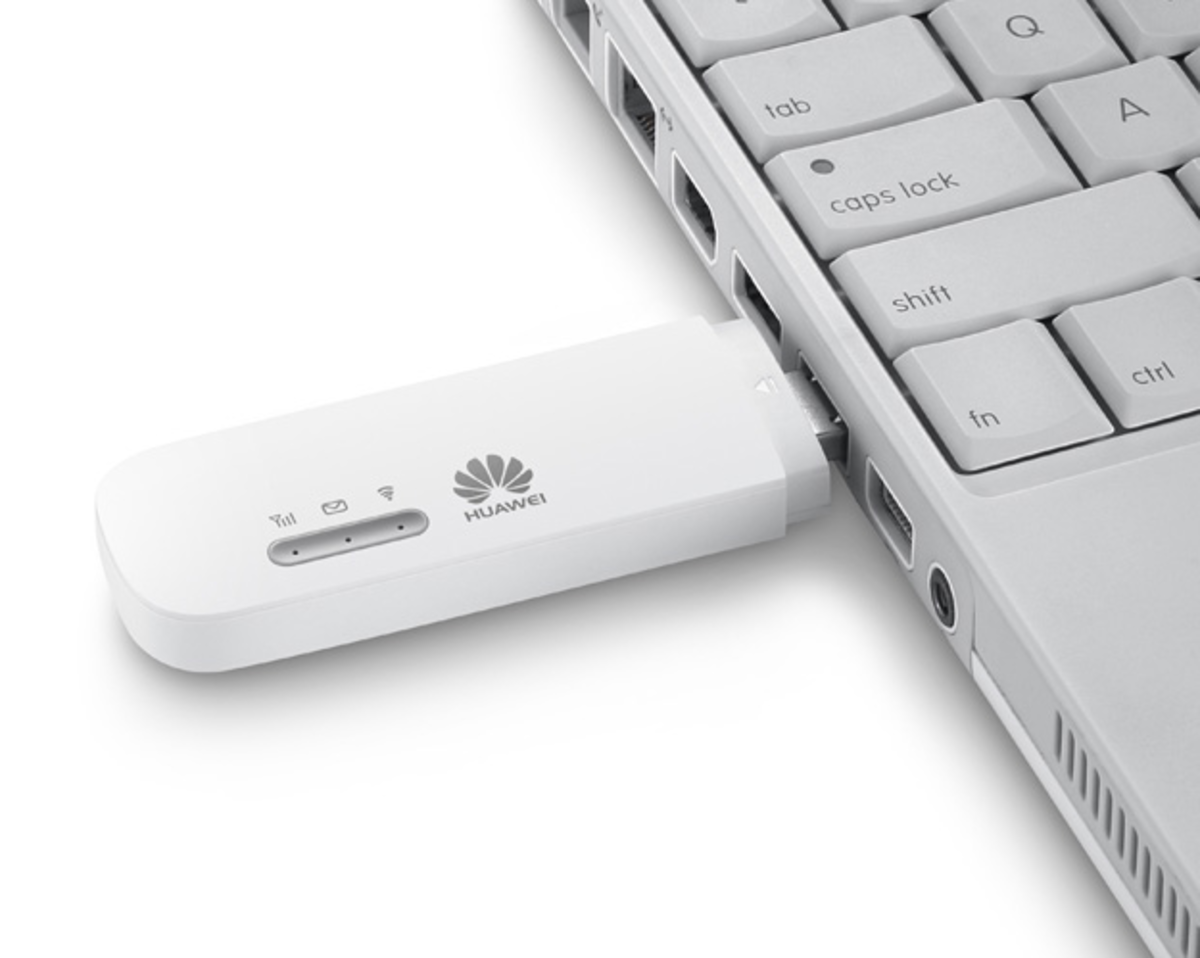Samsung Will Launch Its Fold-Able Smartphone
Samsung will launch Friday, with months late, its fold-able smartphone
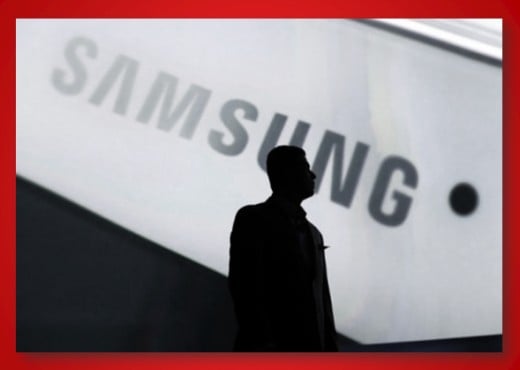
The South Korean giant Samsung announced Thursday that its brand new foldable smartphone model will be available from Friday in South Korea, four months after the embarrassing postponement of its launch due to screen issues.
The world's first smartphone manufacturer took nearly eight years to develop its Galaxy Fold, but it had to resolve at the end of April to postpone this launch after the report by the first testers of breakage of this folding screen, only a few days of use.
Decrease in profit
Faced with a decline in profits due to the slowdown in the market and the increasing competition from Chinese manufacturers, the South Korean firm relied heavily on the launch of this device to $ 2,000 to boost demand.
The postponement of its marketing was a serious setback for a group that has made excellence and technological innovation its trademark, especially since it occurred three years after the humiliating global recall of Galaxy Note 7 due to a battery problem catching fire.
After months of tweaking the Galaxy Fold, which can work with the all-new 5G network, the ultra-fast mobile internet, Samsung has announced that its smartphone will be available Friday in South Korea, then in several carefully chosen markets, and especially in the United States and France.
The Galaxy Fold has been promoted as the "world's first collapsible smartphone", while Samsung's competitors like Huawei have also embarked on the foldable screen race.
In addition to the disappointment of the Galaxy Note 7, Samsung has to deal with the fallout of the resounding corruption scandal that led to the dismissal of former President Park Geun-Hye. Vice President Samsung Electronics and heir to the Lee Jae-young group is to be retried in this case.
The blur between Seoul and Tokyo
The technology giant is also a collateral victim of the quarrel between Seoul and Tokyo, which is linked to the historical disputes between the two allies in Washington and threatens the global technology market, according to analysts.
In July, Japan imposed restrictions on South Korea's exports of essential chemicals for the manufacture of smartphone chips and displays, which are sold by Samsung, among others, a world leader.
Huawei opens a new front in the war for the control of smartphones
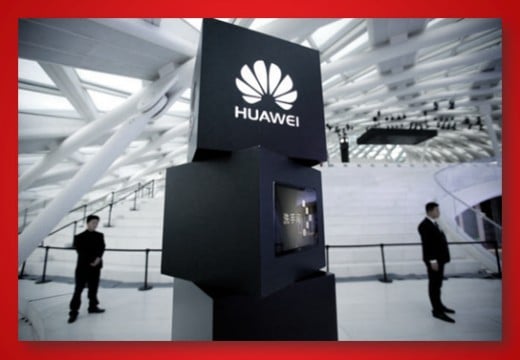
The OS (Operating System) market for smartphones today boils down to a 100% American duopoly: on the one hand, Apple, with its Ios that exclusively equips its iPhones, on the other Google, with Android installed on almost all competitors from the firm to the apple, including Huawei.
With harmony Os, its new operating system (OS, for Operating System), the Chinese telecoms giant Huawei opens a new front in the technological battle with the United States by competing frontally Android in a very specific but extremely lucrative market.
The smartphone OS market today boils down to a 100% American duopoly: on one side Apple, with its iOS that exclusively equips its iPhones, on the other Google, with Android installed on almost all the competitors of the apple firm, including Huawei.
However, the latter, faced with US sanctions, will soon no longer enjoy the services developed by Google, which like other US technology groups is no longer allowed to trade with Huawei. The Chinese group must, therefore, try to bet an autonomous OS.
"It's a global power of research today," says Stéphane Téral, executive director of mobile industry research for IHS Markit. "When Huawei launched in 2011 in the consumer market, there was skepticism but they took off exceptionally, they can impose a third bone on the market," he said.
A third OS
This third OS, others have tried to launch it: BlackBerry first, from 1999 for its own phones, swept away by the emergence of the smartphone; Microsoft then, in 2010, which will equip the devices of the Finnish Nokia, which had also missed the turn of the smartphone.
Two experiments stopped in 2016 and 2017, which have cooled the ardor of the biggest, starting with the world's number one smartphone, the South Korean Samsung.
"Samsung had thought about it but did not really get started," said Sylvain Chevallier, a partner at BearingPoint, "but in the case of Huawei, their domestic market gives them much weight, all Chinese applications, WeChat, Alipay, etc., will be compatible, this makes the possibility of a very credible success. "
A loyalty tool
In a country with more than 800 million smartphone users, an ecosystem of very specific applications and a patriotism exacerbated by the recent trade tensions between the United States and China, Huawei has all the assets to quietly raise Harmony in power.
"They have a platform of one billion potential users to test their OS, quickly spot errors and fix them, encourage application developers not to cut themselves off from this market, and then tackle another market, "explains Stéphane Téral.
Sylvain Chevallier particularly sees "clearly a blow to play" in emerging markets, such as India, Indonesia or the African continent, where the switchover to the smartphone is done little by little and where users are not yet accustomed to a particular operating system.
"Much more than the technical characteristics of a device, the OS is an extremely strong factor of loyalty, Apple, for example, is maintained mainly through its iOS," he says.
Especially since Huawei may soon not be alone and see other Chinese manufacturers, Xiaomi, OPPO or Vivo including, switch their devices under a Chinese operating system, especially if it has the ecosystem of applications that will with and that the central state strongly encourages them.
The global smartphone market
But manufacturers from the Middle Kingdom account for 42% of the global smartphone market, according to Counterpoint, and more than 55% of Android smartphones.
What gives cold sweat to Google, who could be one of the big losers of the US-China trade war.
Contacted by AFP, the US group did not wish to comment.
But "there is a possibility to see all Chinese manufacturers switch under this OS," confirms Teral, "this is what everyone is currently worried about Google and it would transform even the Silicon Valley."
Especially since Harmony is not an operating system only for smartphones, but also for all of Huawei's connected objects, as its new smart TV, presented the day after its OS.
"We must remember that many players, not only in China, will not be unhappy to have an alternative to Android, whether they are telecom operators for their boxes, car manufacturers for their cars intelligent, or others, "insists Mr. Chevallier.


